14 Preventative Health Checks That Could Save Your Life in the Next Decade
In today's fast-paced world, maintaining health and vitality often takes a backseat to the demands of daily life. Yet, the importance of routine health checks cannot be overstated. A proactive approach to health through regular screenings can be a true lifesaver, ensuring not only longevity but also a quality of life filled with energy and vitality. This article delves into 14 preventative health checks that serve as the cornerstone for a decade of wellness. Each section will explore a specific health check, highlighting its significance, the science behind it, and the benefits of early detection and intervention. By understanding and integrating these checks into your healthcare routine, you can pave the way for a healthier, more vibrant future.
1. Blood Pressure Monitoring: The Silent Guardian
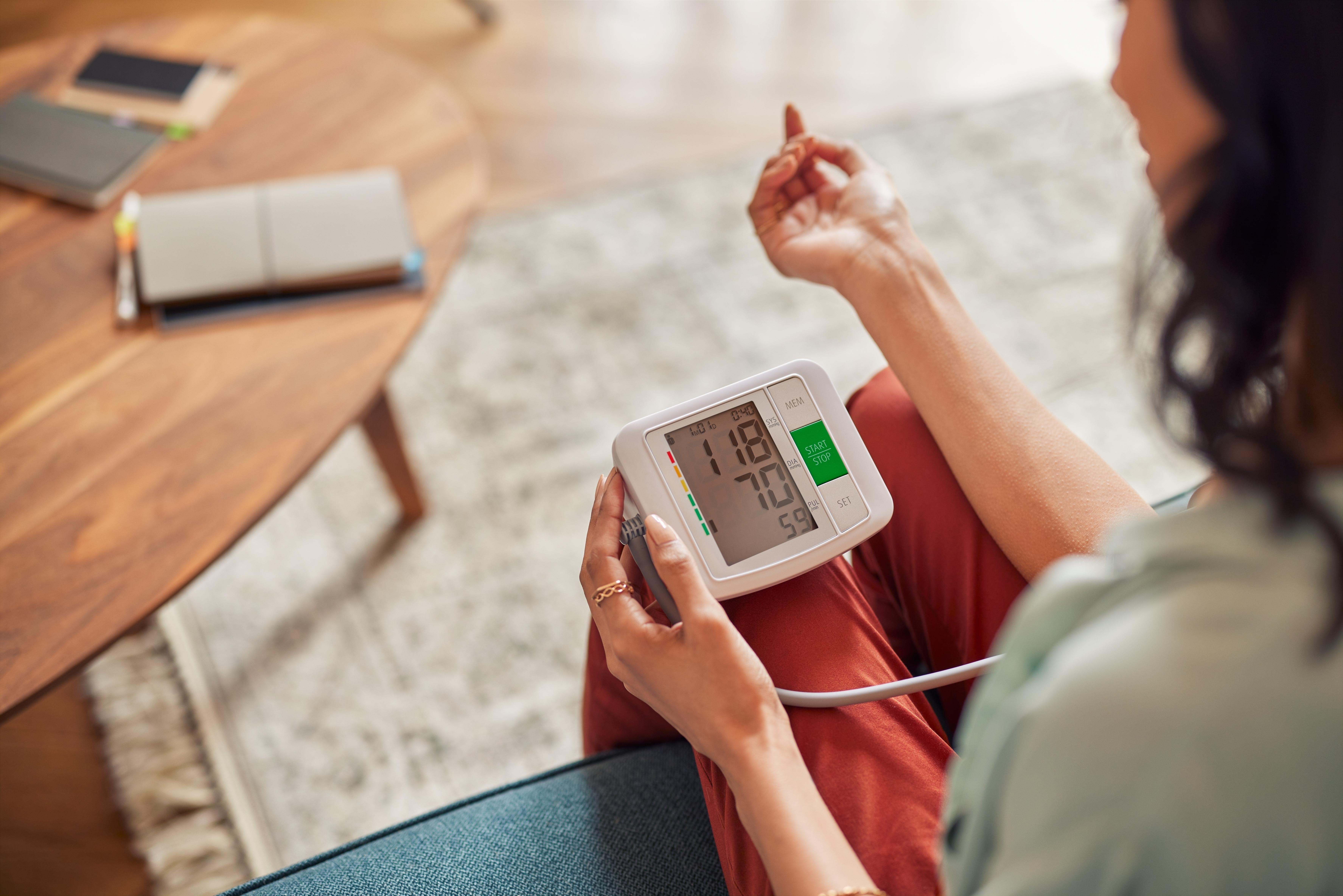
High blood pressure, often dubbed the "silent killer," can lead to serious health complications if left unchecked. Regular monitoring is crucial as it can help detect hypertension early, allowing for timely intervention. Blood pressure checks provide insight into your cardiovascular health, revealing potential risks for heart disease and stroke. By keeping track of your blood pressure numbers, you can work with your healthcare provider to implement lifestyle changes or medications that can significantly reduce your risk. Understanding the factors that contribute to high blood pressure, such as diet, stress, and genetics, empowers you to make informed decisions about your health.
2. Cholesterol Levels: Balancing the Good and the Bad

Cholesterol plays a vital role in your body's functioning, but an imbalance can lead to serious health issues. Regular cholesterol screenings help identify levels of HDL (good cholesterol) and LDL (bad cholesterol) in your blood. High levels of LDL cholesterol can lead to plaque buildup in your arteries, increasing the risk of heart disease and stroke. By monitoring your cholesterol levels, you can take proactive steps to maintain a healthy balance through diet, exercise, and, if necessary, medication. Understanding the role of cholesterol in your body and how lifestyle choices impact these levels is crucial for long-term cardiovascular health.
3. Blood Glucose Testing: The Key to Preventing Diabetes
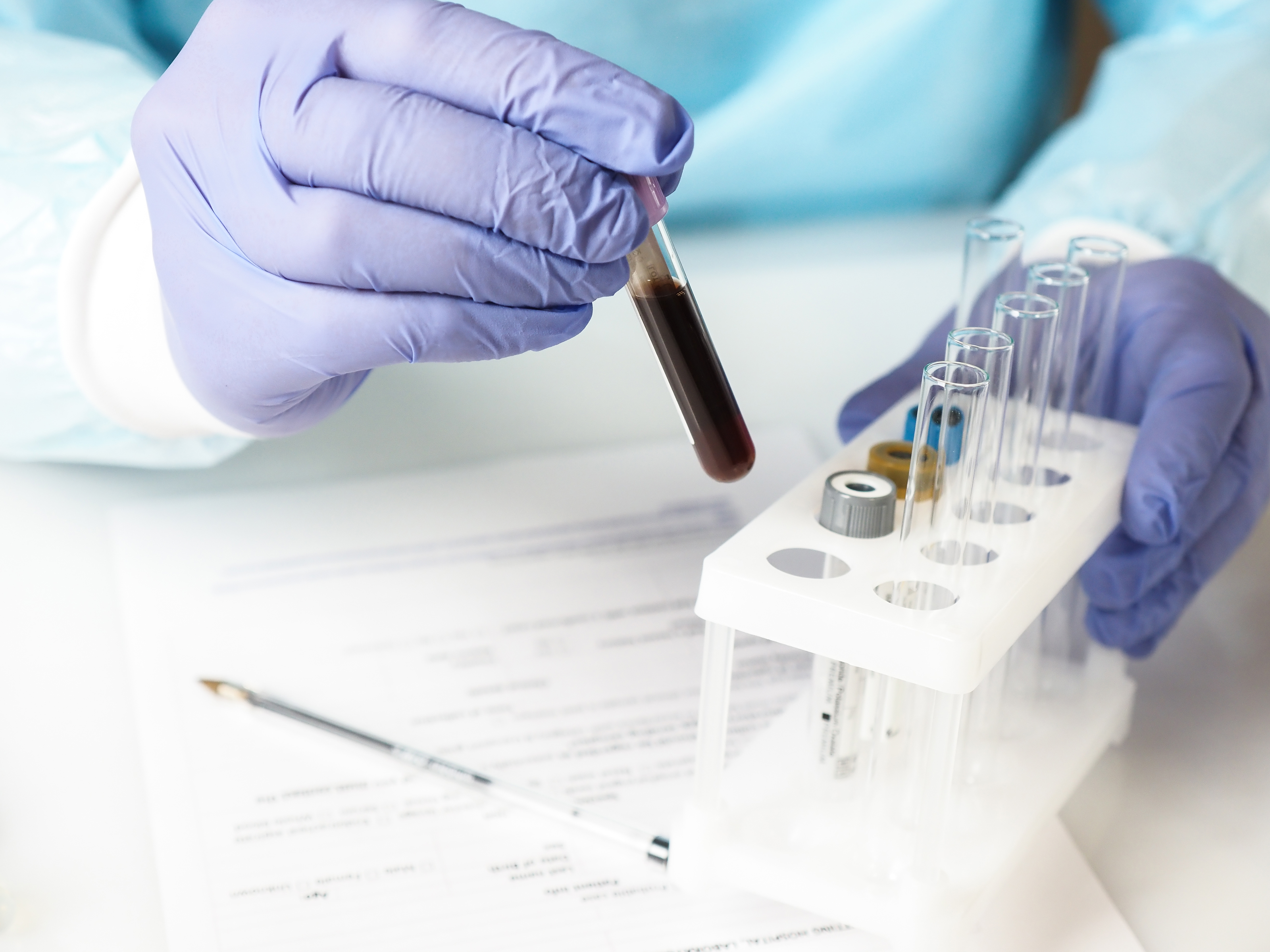
Diabetes is a growing health concern worldwide, but early detection through blood glucose testing can prevent or delay its onset. Regular testing helps identify prediabetes or diabetes, allowing for early intervention and management. By understanding your blood sugar levels, you can make lifestyle changes that can significantly impact your health, such as adopting a balanced diet and increasing physical activity. For those diagnosed with diabetes, regular monitoring is essential to manage the condition effectively and prevent complications. Knowledge is power, and understanding your blood glucose levels is a powerful tool in maintaining your health.
4. Body Mass Index (BMI): Understanding Your Weight

Body Mass Index (BMI) is a simple yet effective tool for assessing whether your weight falls within a healthy range. While BMI doesn't measure body fat directly, it provides a reliable indicator of body composition and potential health risks. A high BMI can be a risk factor for various conditions, including heart disease, diabetes, and certain cancers. Regularly checking your BMI can help you stay informed about your weight status and motivate you to adopt healthier lifestyle habits. It's important to remember that BMI is just one piece of the puzzle, and other factors such as muscle mass and distribution of fat should also be considered.
5. Cancer Screenings: Early Detection Saves Lives

Cancer screenings are a critical component of preventive healthcare. Early detection through screenings such as mammograms, colonoscopies, and Pap smears can significantly increase the chances of successful treatment and survival. These tests can identify cancer at an early stage, often before symptoms appear, allowing for more effective intervention. Regular screenings are recommended based on age, gender, and risk factors, and discussing these with your healthcare provider can help tailor a screening schedule that's right for you. Understanding the importance of early detection and staying informed about the latest screening recommendations is vital for cancer prevention and management.
6. Bone Density Tests: Protecting Against Osteoporosis

Bone health is often overlooked until a fracture occurs. Bone density tests are essential for assessing the strength and density of your bones, helping to identify osteoporosis and the risk of fractures. As we age, bone loss can occur, increasing the risk of fractures, particularly in postmenopausal women. By understanding your bone health through regular testing, you can take steps to strengthen your bones through diet, exercise, and medications if necessary. Awareness and early intervention can help maintain bone health and prevent the debilitating effects of osteoporosis, ensuring you stay active and independent as you age.
7. Eye Exams: More Than Just Vision Correction

Regular eye exams are crucial not only for maintaining good vision but also for detecting eye diseases and other health issues. Comprehensive eye exams can identify conditions such as glaucoma, cataracts, and macular degeneration, which can lead to vision loss if left untreated. Additionally, eye exams can reveal signs of systemic diseases such as diabetes and hypertension. By prioritizing regular eye exams, you can protect your vision and overall health. Understanding the connection between eye health and general well-being highlights the importance of incorporating eye exams into your routine healthcare plan.
8. Hearing Tests: Safeguarding Your Sense of Sound
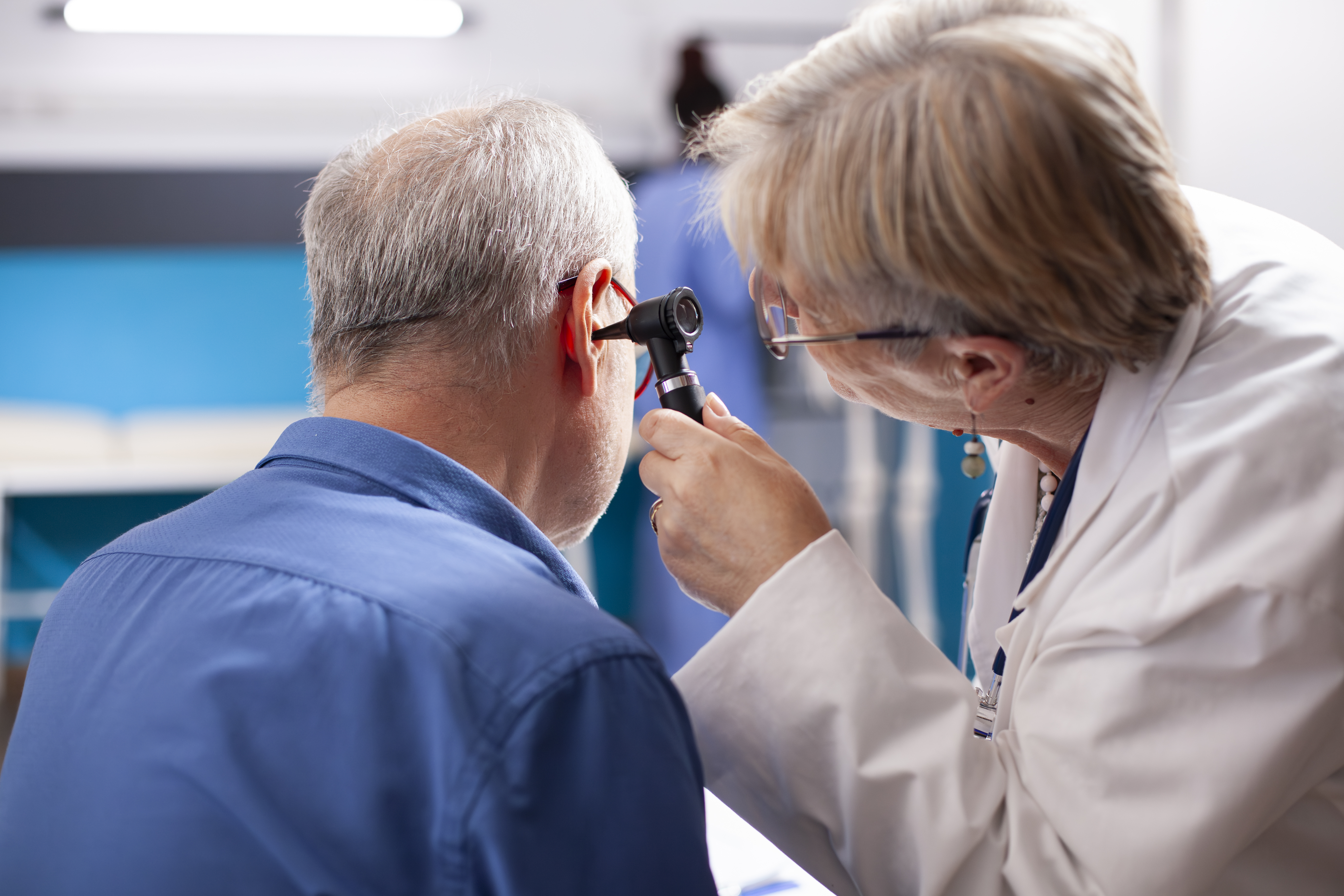
Hearing loss is a common issue, especially as we age, but early detection through regular hearing tests can prevent further deterioration and improve quality of life. Hearing tests can identify issues early, allowing for interventions such as hearing aids or other assistive devices. Hearing health is closely linked to cognitive function and social engagement, making it an essential aspect of overall well-being. By understanding the importance of hearing tests and addressing hearing loss promptly, you can maintain your ability to communicate effectively and stay connected with the world around you.
9. Dental Check-Ups: The Gateway to Oral and Overall Health

Oral health is a window to your overall health, and regular dental check-ups are vital for preventing dental diseases and detecting systemic conditions. Dental exams can identify issues such as cavities, gum disease, and oral cancer, which can impact your overall health if left untreated. Moreover, poor oral health has been linked to heart disease, diabetes, and other systemic conditions. By prioritizing regular dental visits, you can maintain a healthy mouth and reduce the risk of other health complications. Understanding the connection between oral health and overall well-being underscores the importance of dental care in your health routine.
10. Skin Exams: Monitoring the Body's Largest Organ

The skin is the body's largest organ, and regular skin exams are crucial for detecting skin cancer and other dermatological issues early. Skin cancer is one of the most common types of cancer, but early detection through self-exams and professional screenings can lead to successful treatment. Regular skin exams help identify changes in moles or new growths that could indicate cancer. By understanding the importance of skin health and incorporating regular exams into your routine, you can protect your skin and overall health. Awareness and early intervention are key to preventing skin cancer and maintaining healthy skin.
11. Immunization Updates: Staying Protected Against Disease

Immunizations are a cornerstone of preventive healthcare, protecting you from various infectious diseases. Staying up-to-date with vaccinations is crucial for maintaining immunity and preventing outbreaks of diseases such as influenza, pneumonia, and shingles. Immunizations are not just for children; adults need regular updates to maintain protection. By understanding the importance of vaccines and staying informed about the latest recommendations, you can protect yourself and those around you from preventable diseases. Immunizations are a simple yet powerful tool for maintaining health and preventing illness throughout your life.
12. Mental Health Screenings: Prioritizing Emotional Well-Being

Mental health is a vital component of overall well-being, and regular mental health screenings can help identify issues such as depression, anxiety, and stress. Early detection and intervention can significantly improve quality of life and prevent more severe mental health issues. Mental health screenings provide an opportunity to discuss emotional well-being with a healthcare provider and explore potential treatments or therapies. By prioritizing mental health and incorporating regular screenings into your health routine, you can maintain emotional balance and resilience. Understanding the importance of mental health and seeking help when needed is crucial for overall wellness.
13. Thyroid Function Tests: Balancing Your Body's Metabolism
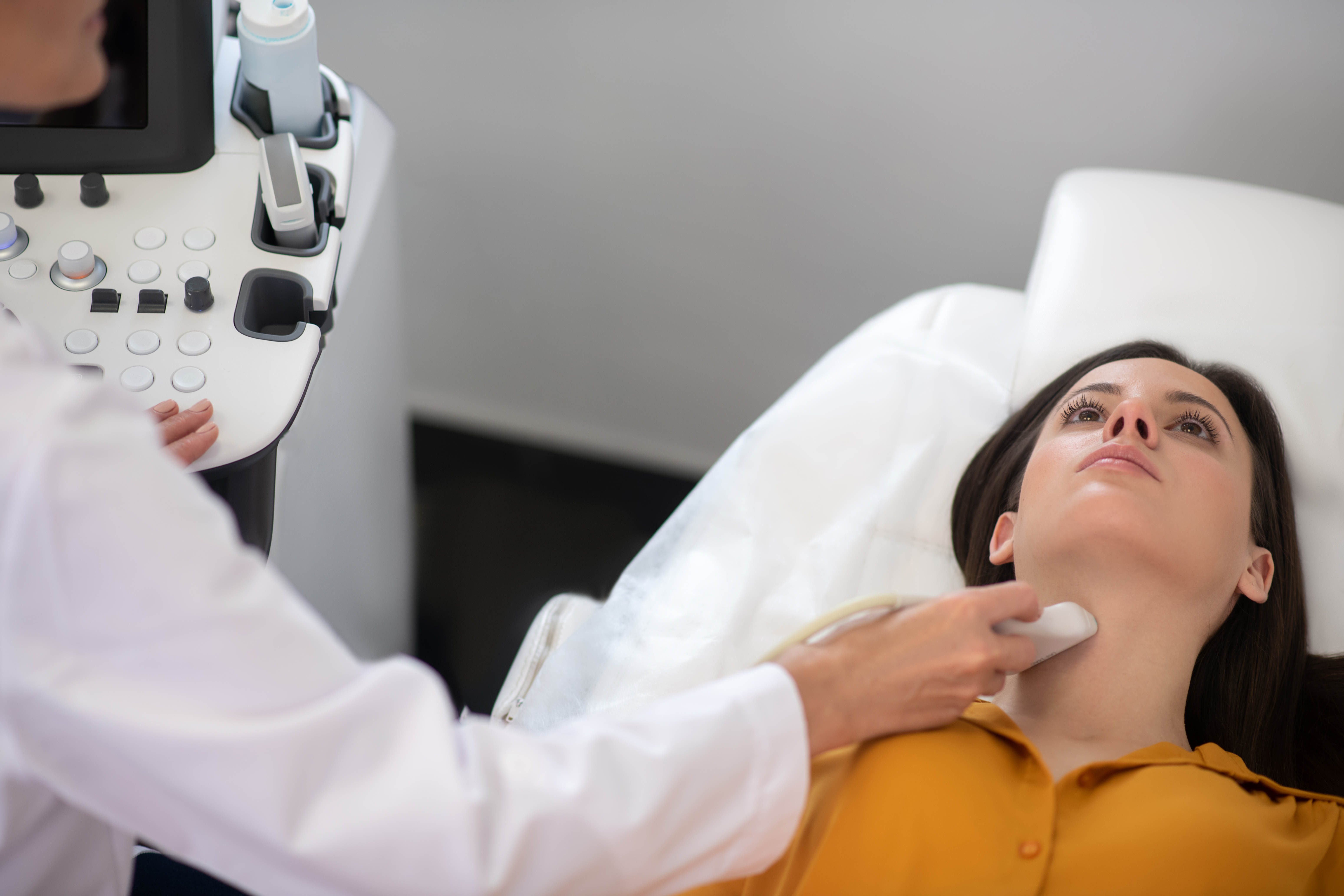
The thyroid gland plays a critical role in regulating metabolism, and thyroid function tests can identify imbalances that may impact your health. Conditions such as hypothyroidism and hyperthyroidism can lead to symptoms such as fatigue, weight changes, and mood disturbances. Regular thyroid function tests help monitor hormone levels and ensure your thyroid is functioning properly. By understanding the importance of thyroid health and incorporating regular testing into your routine, you can address imbalances early and maintain overall well-being. Awareness and early intervention can prevent complications and improve quality of life.
14. Liver Function Tests: Monitoring the Body's Detox Center
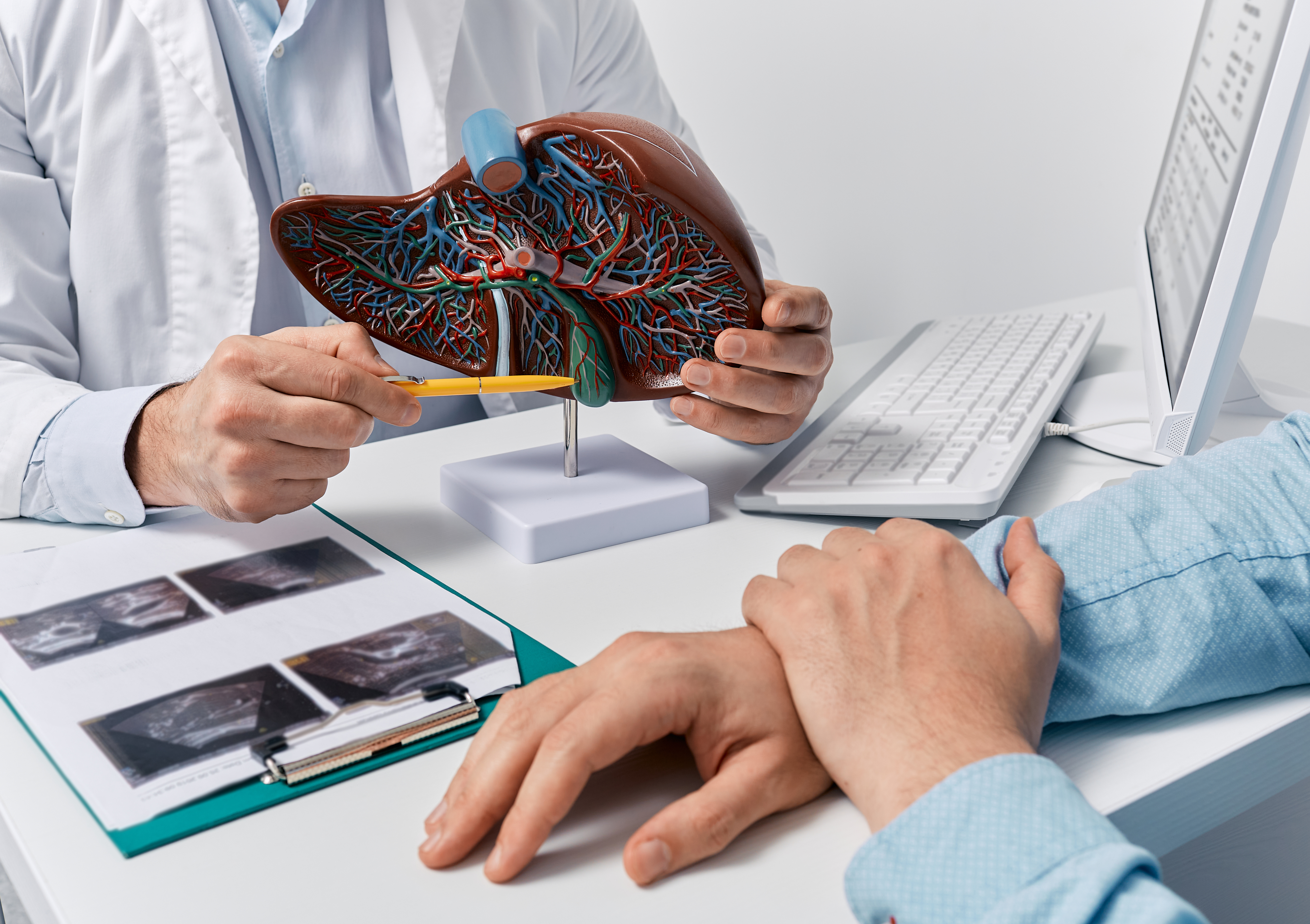
The liver is essential for detoxifying the body, and liver function tests can assess its health and detect potential issues early. Conditions such as hepatitis, fatty liver disease, and cirrhosis can impact liver function and overall health. Regular liver function tests help monitor liver health and identify abnormalities that may require further investigation or treatment. By understanding the importance of liver health and incorporating regular testing into your routine, you can protect your liver and maintain overall well-being. Awareness and early intervention are key to preventing liver disease and ensuring a healthy future.
By embracing these 14 essential health checks, you are taking proactive steps toward a decade of wellness and vitality. Each check plays a crucial role in maintaining health and preventing disease, empowering you to live a longer, healthier life. Regular screenings and tests provide valuable insights into your health, allowing for early detection and intervention. By prioritizing these health checks and working closely with your healthcare provider, you can create a personalized health plan that supports your well-being. A commitment to regular health checks is a commitment to yourself, ensuring a future filled with health, happiness, and vitality.